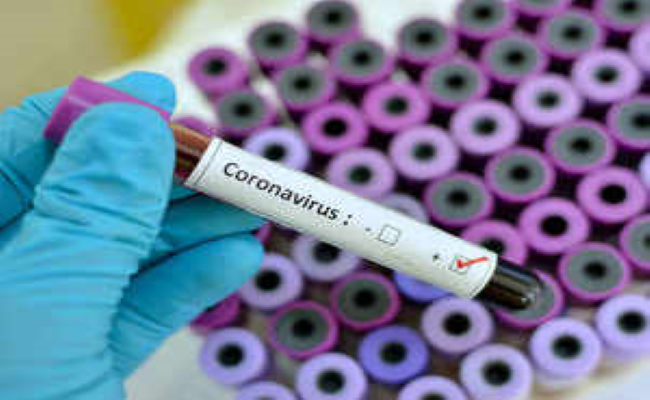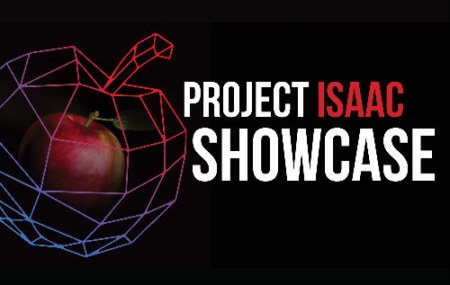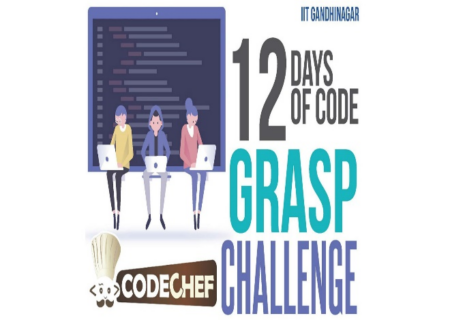
Image Source: economictimes.com
Hello Friends! Let us talk about what’s trending in the world currently – the coronavirus disease 2019 (COVID-19). First identified in Wuhan (China) in December 2019 and recently recognized as a pandemic by the World Health Organization, reports of more than 3,40,031 cases of COVID-19 have surfaced as of 23rd March 2020. Amidst all the panic and terror associated with this disease (increasing number of infected people and deaths globally every day with no available vaccines as of now), there is a dire need to be aware of the deets. It will help us take proper measures and be safe.
So, let’s start!
What is Coronavirus?
Corona means crown. According to Lisa Maragakis (Senior Director of Infection Prevention, Johns Hopkins Health System), this refers to the way that virus looks under the microscope like there is a crown on top of it. While some of these viruses cause common diseases such as common cold, and mild to moderate respiratory illnesses among humans, other kinds affect animals. Sometimes, we see coronaviruses jump from the animal species into the human population. The 2019 outbreak is getting a lot of attention because it is a new kind of Coronavirus we haven’t seen among humans before.
How does it spread?
It spreads via respiratory droplets from one person to another through coughing and sneezing. Once these droplets land on a surface, it can also get transmitted to people touching that surface. Scientists are still learning about the behavior of the novel COVID-19. One of the things to keep in mind is that since this virus is spreading rapidly across the globe, one should avoid all kinds of travel, nationally as well as internationally.
What are the symptoms associated with COVID-19?
COVID-19 infected people exhibit flu-like symptoms viz., cough, fever, fatigue, muscle pain, and shortness of breath. It can lead to pneumonia, acute respiratory distress syndrome, septic shock, sepsis, and death, in severe cases.
How can it be diagnosed and treated?
There are laboratory tests that can confirm the diagnosis of this disease. As of now, it does not have any specific treatment. Currently, patients are receiving supportive measures that relieve the symptoms. Also, there is no vaccine available, but many organizations are working to come up with one soon.
Image Source: thethaiger.com
What are some preventive strategies to follow?
- Maintain good personal cleanliness.
- Wash your hands frequently (20 seconds at least, use hand sanitizer if soap and water are unavailable).
- Do not touch the face (eyes, nose or mouth) with unwashed hands.
- Use a tissue to cover sneezes and coughs (then throw it into a dustbin).
- In case of sickness – stay at home.
- Disinfect surfaces/objects touched by people frequently.
- To curtail the spread of disease, minimize close contact among individuals. Some methods include travel restrictions, quarantines, the closing of schools, stadiums, workplaces, theatres, and shopping complexes, limiting travel, staying at home, avoiding crowded areas, not shaking hands, and distancing oneself from others physically.
Now, after acquiring all these facts and information, one thing is clear, if we want to defeat COVID-19, we have to avoid being in groups. India, being one of the countries that are tackling the horrors of this pandemic in the most effective ways possible, fully realizes this, and it is the reason why the Government of India has suspended the academic activities in schools, colleges, and universities of several states for about two to three weeks.
In the wake of this break, IIT Gandhinagar has launched PROJECT ISAAC for its students.
What is Project Isaac?
As the name suggests, this project derives its inspiration from 350 years ago, when a 22-year-old Isaac Newton found himself confined to his home. He was a student at Trinity College (Cambridge) when the college started sending its students home (promoting social distancing) amidst the Great Plague of London, which decimated nearly a quarter of the city’s population between the years 1665 and 1666. It was during this time, also described as his year of wonders, that Newton developed some of his most profound discoveries, including early calculus, as well his theories of optics and gravity.
Along similar lines, IIT Gandhinagar is encouraging its students, through this project, to take inspiration from Isaac Newton and utilize this forced confinement caused by Coronavirus to dream ambitiously and do wondrous things, such as writing, painting, coding, and creative expression, to name a few. Planning to celebrate the best and most innovative work products made by students during this period when it reopens, the Institute is introducing some exciting and fun challenges for them. These involve various activities focused on honing an individual’s critical skills necessary for professional success.
What are some of the activities available under this project?
- The Daily Leadership Challenge: After watching handpicked Ted/TedX talks on leadership, the students have to write a 50-100 word summary/insight/observation/reaction to the video. Prizes include daily lottery-based cash rewards as well as up to five wins of Rs 5,000 each for the best-rated commentaries at the end of the contest.
- Showcase: Students are encouraged to hone skills in fiction and non-fiction writing, poetry, sketching, cartoon, digital graphic, painting, script, screenplay, skit, music, poster, presentation, or any other form of creative expression. They can submit their works, which will undergo evaluation when the Institute resumes normal operations and stand a chance to win multiple cash prizes ranging from Rs 1,000 to Rs 10,000.
- Don’t Quarantine Your Cornea!: After watching a TV show episode/movie/documentary/web series that they love, students have to write a 300-500 word review of it. Rewards consist of winning two cash prizes (Rs 100) for the best reviews daily as well as weekly prizes for most liked reviews (Rs 500). There will also be special cash prizes at the end of the contest for the best and most popular individual reviewers.
- 12 Days of Code: New coding problems will be released every day at 4:00 P.M. and will be available for 24 hours over the next 12 days. Solving these will make the students eligible to earn some cool swag and cookies. One cash prize (Rs 100) for the top contestant and one prize selected randomly from the top 10 contestants daily. Also, T-shirts and bigger prizes at the end of the contest!
So, people, my Institute, apart from strictly following the rules and regulations stated by the health officials of the country, has found an interesting way, in the form of Project Isaac, to keep the boredom of its students away! It is a platform where they can explore, decipher, and delve deeper to understand different fields and domains while staying in their homes. They are ready to unleash the Isaac Newton within them, are you? If yes, then you can also plan such activities among your groups, which would aid you in learning, entertaining yourself, and growing together. Under such stressful conditions, these initiatives help people to stay positive and hopeful, and it is exactly what we need. All this, coupled with the safety measures, will help us conquer COVID-19. After all,
“You are confined only by the walls you build yourself.” – Andrew Murphy, former triple jumper






